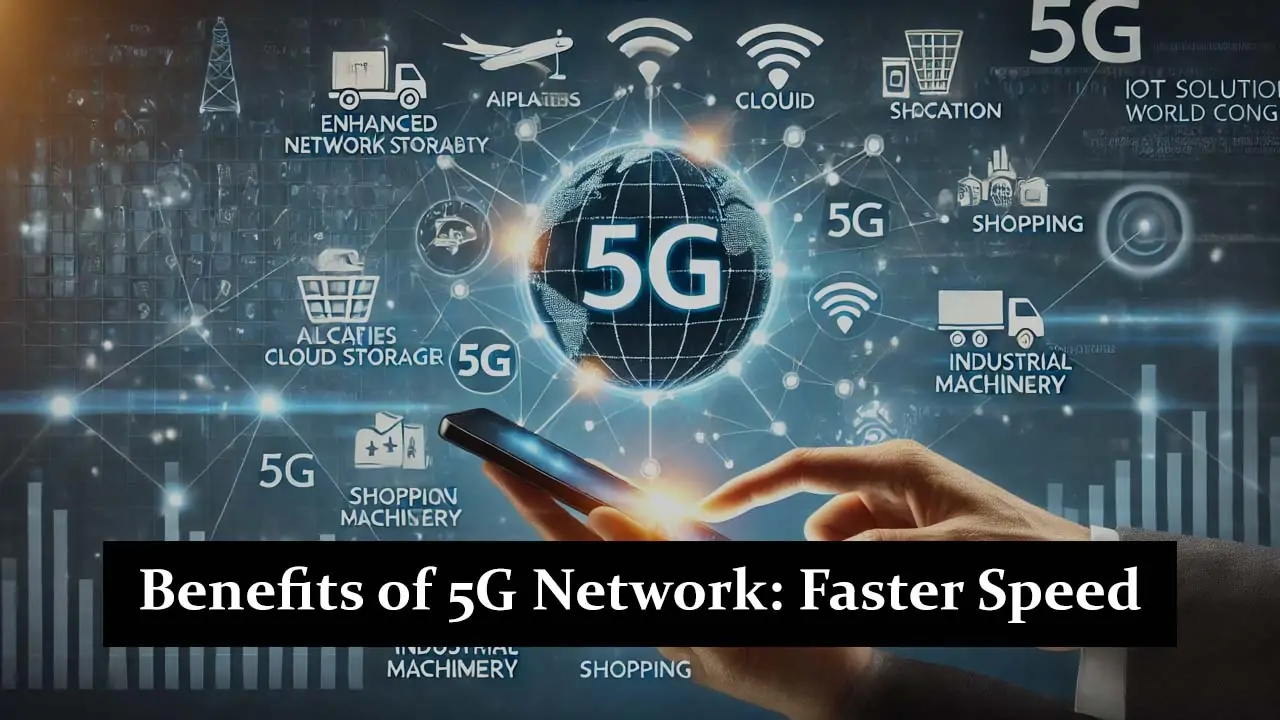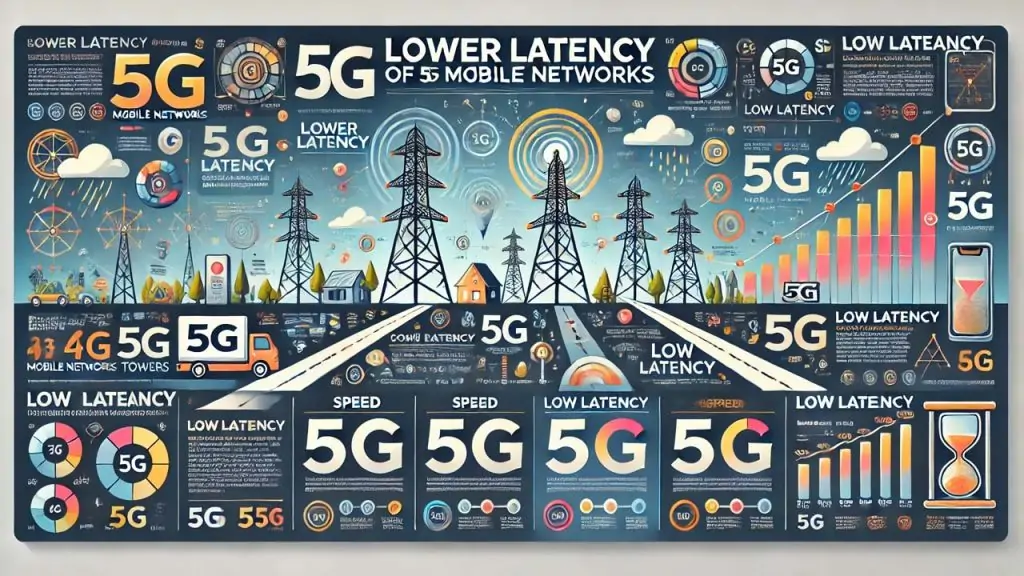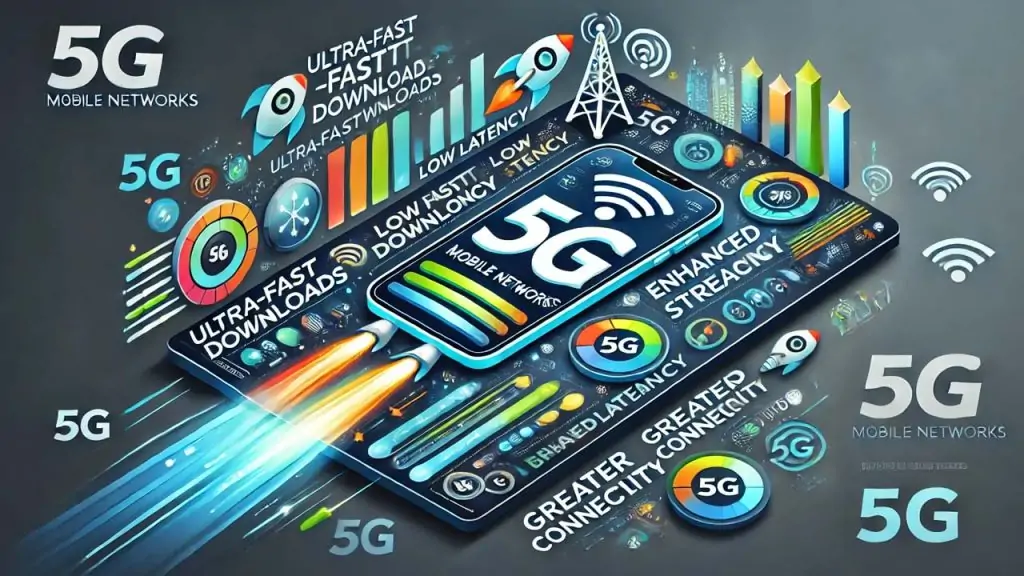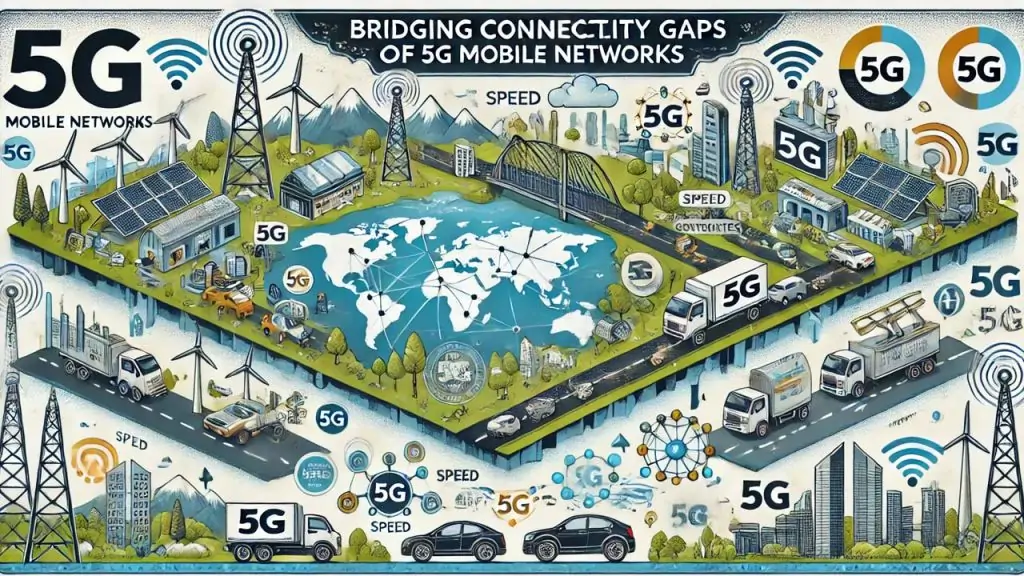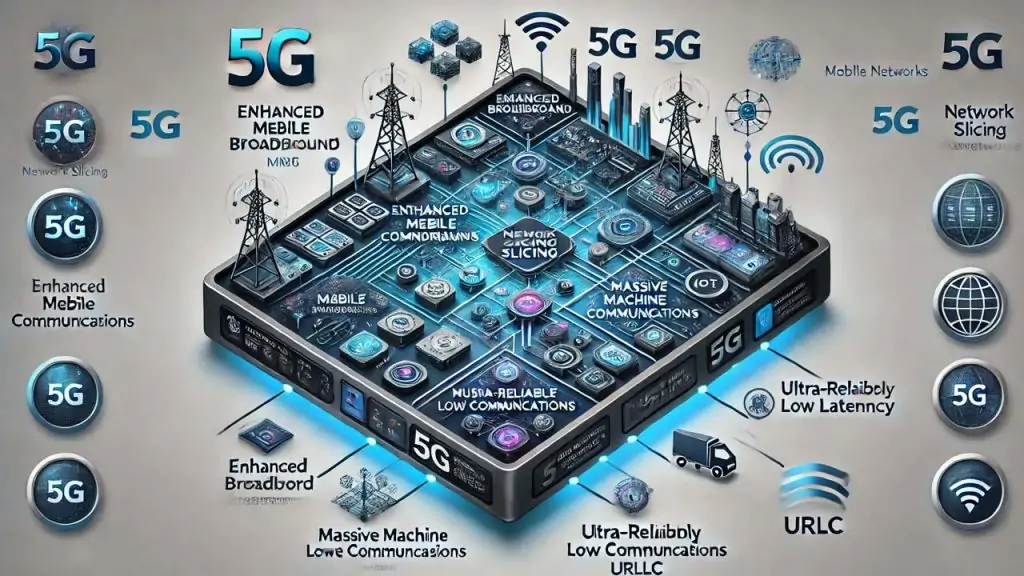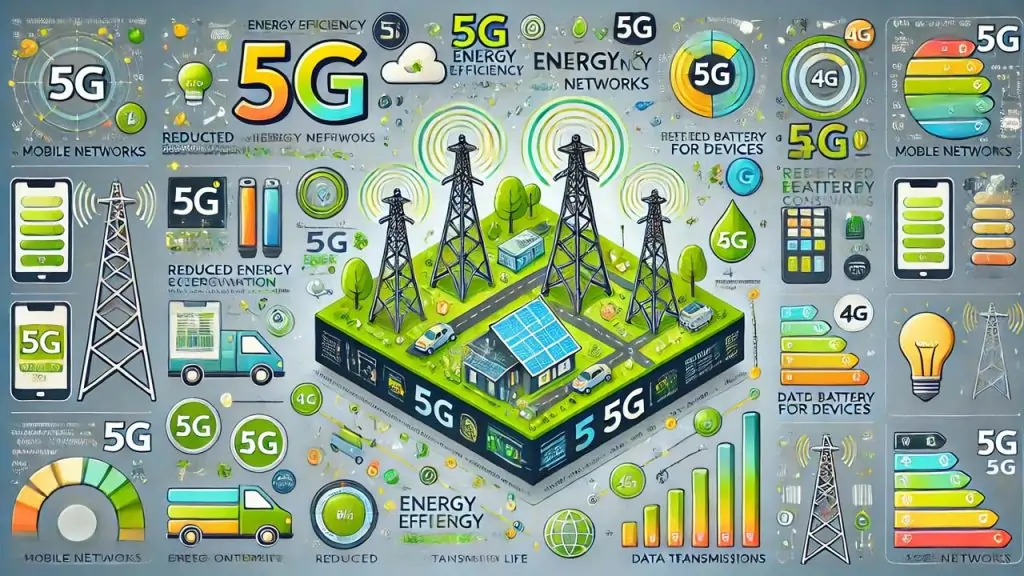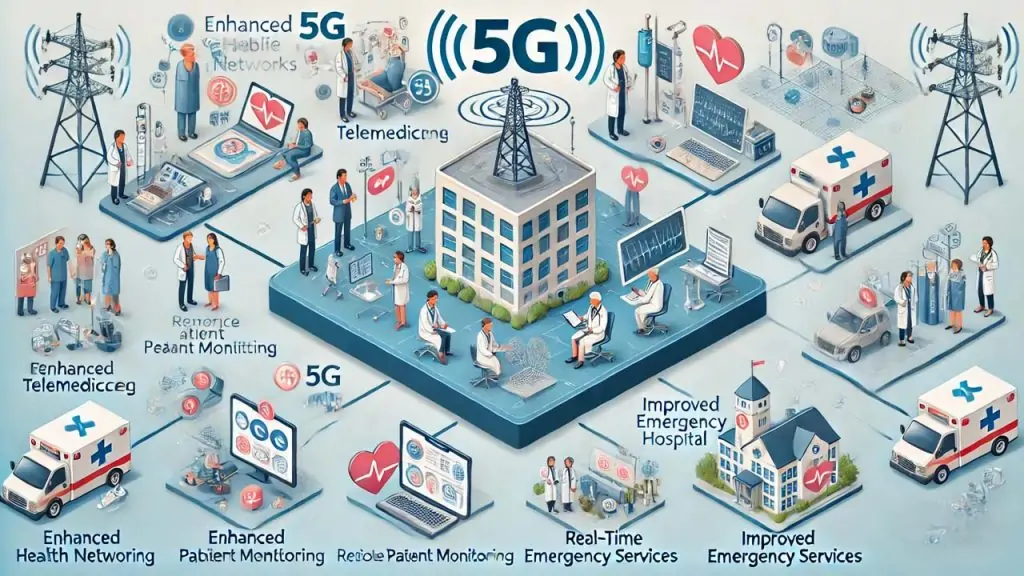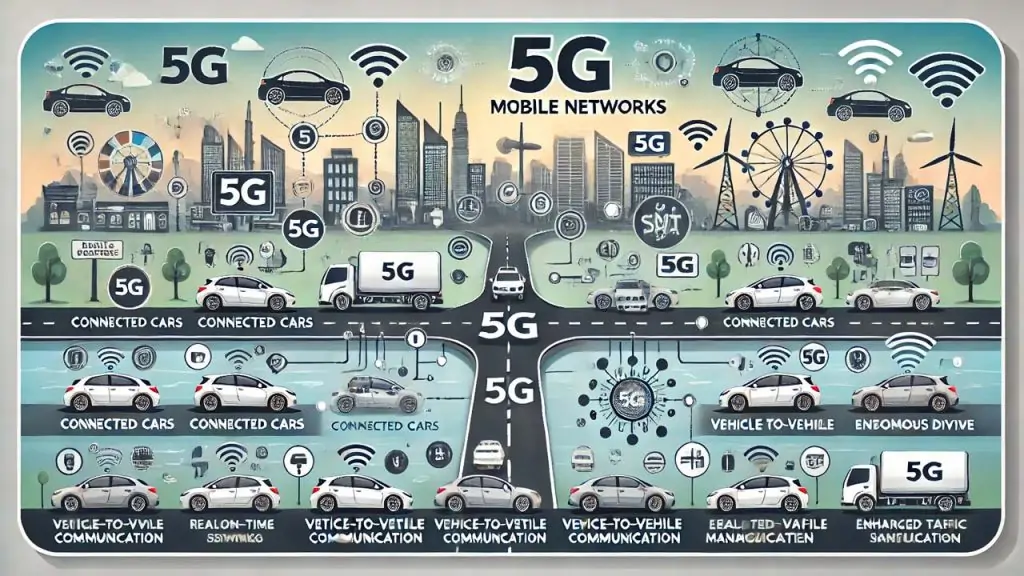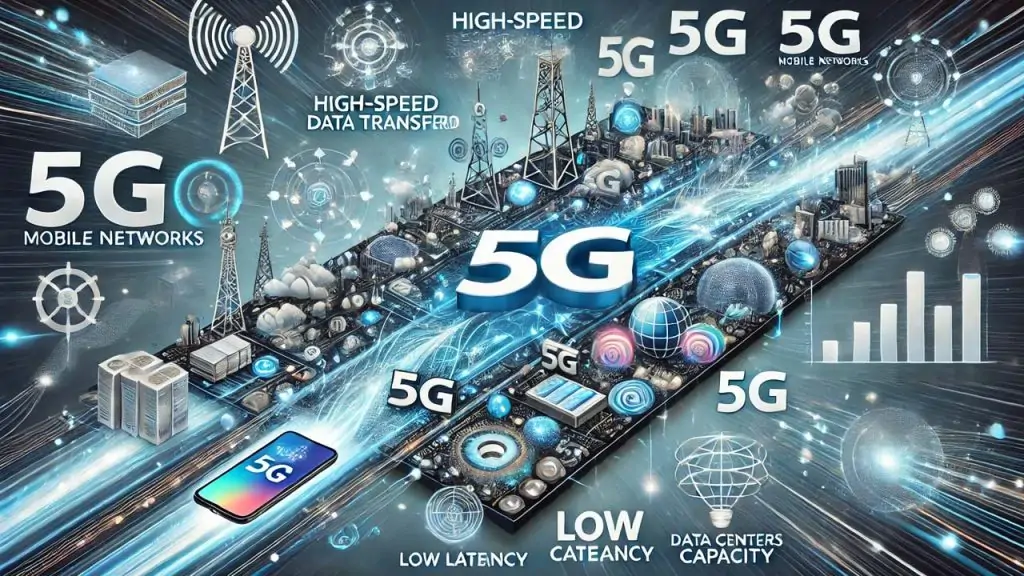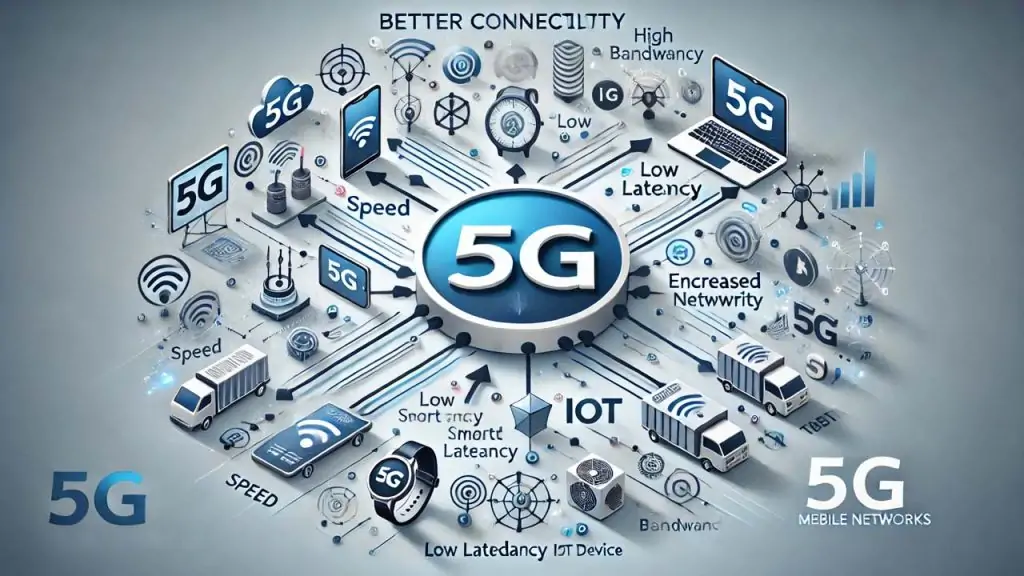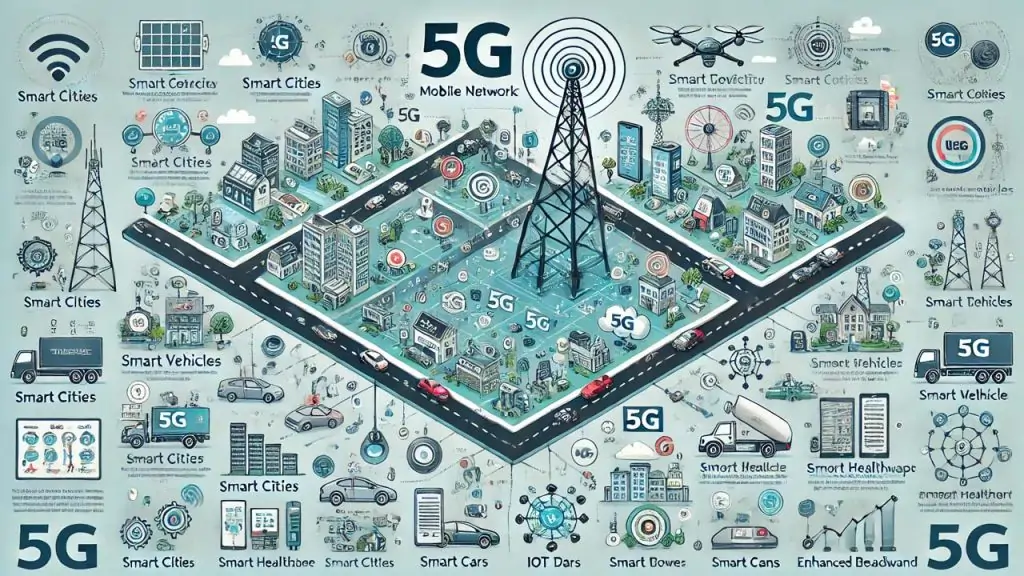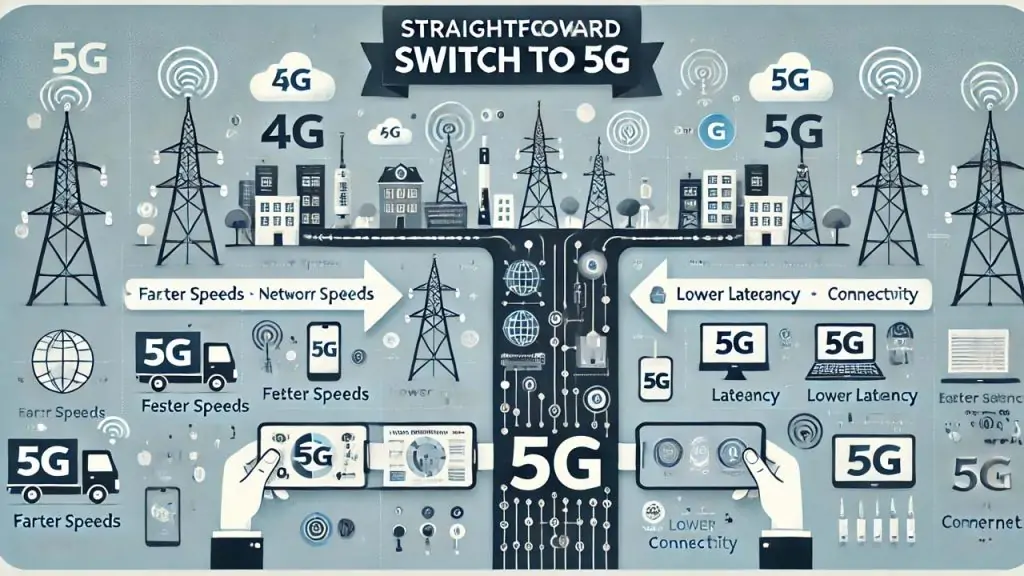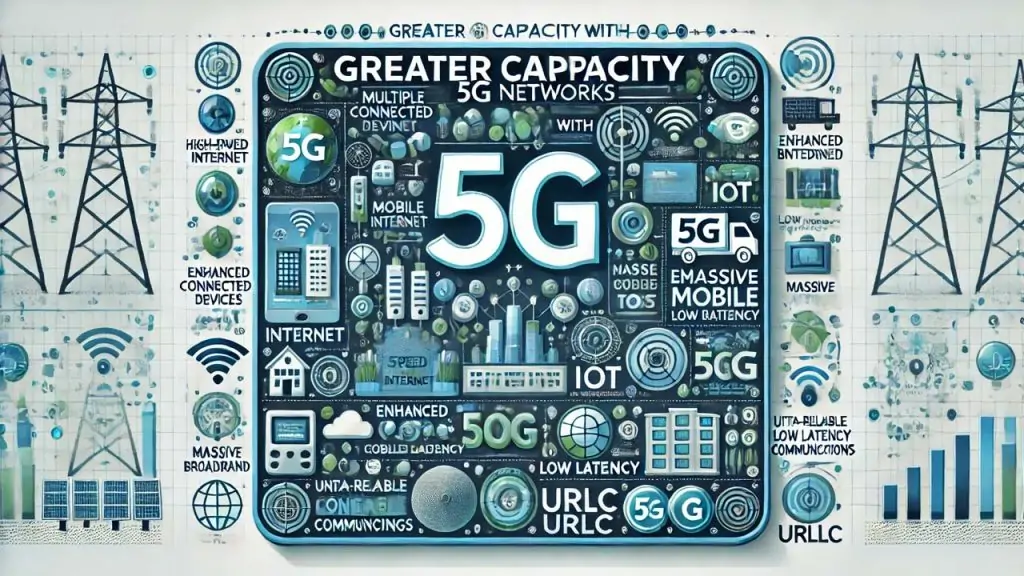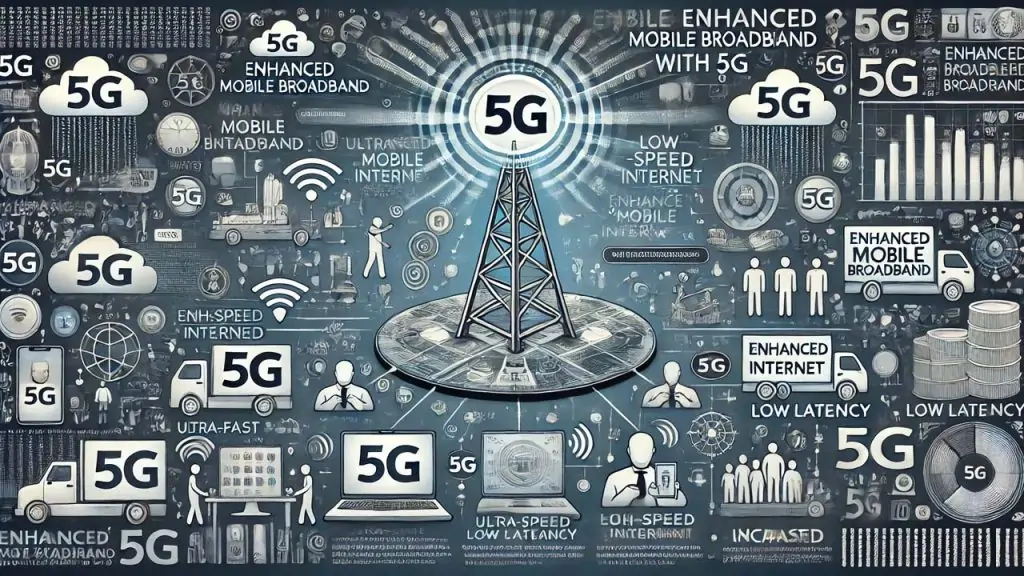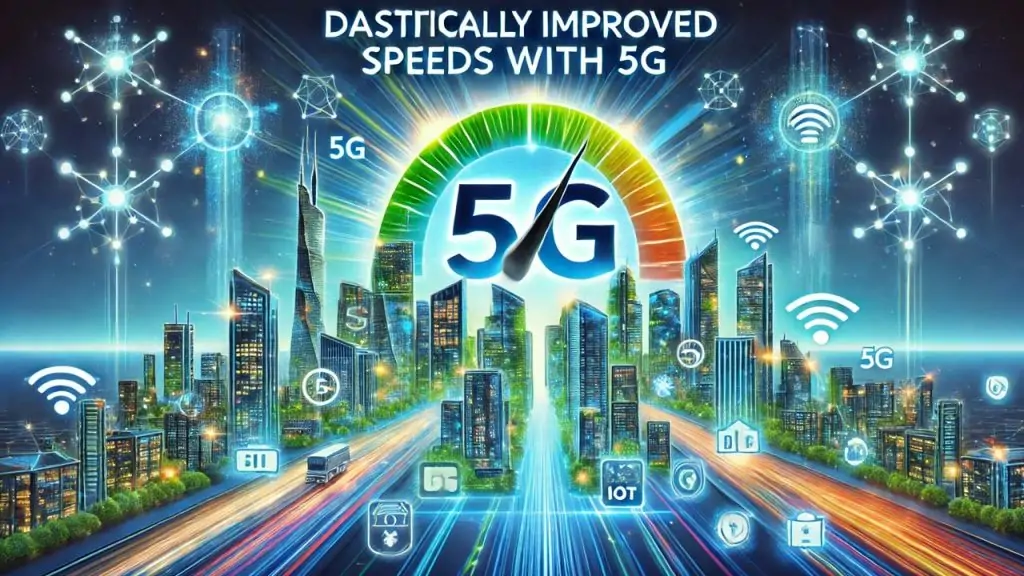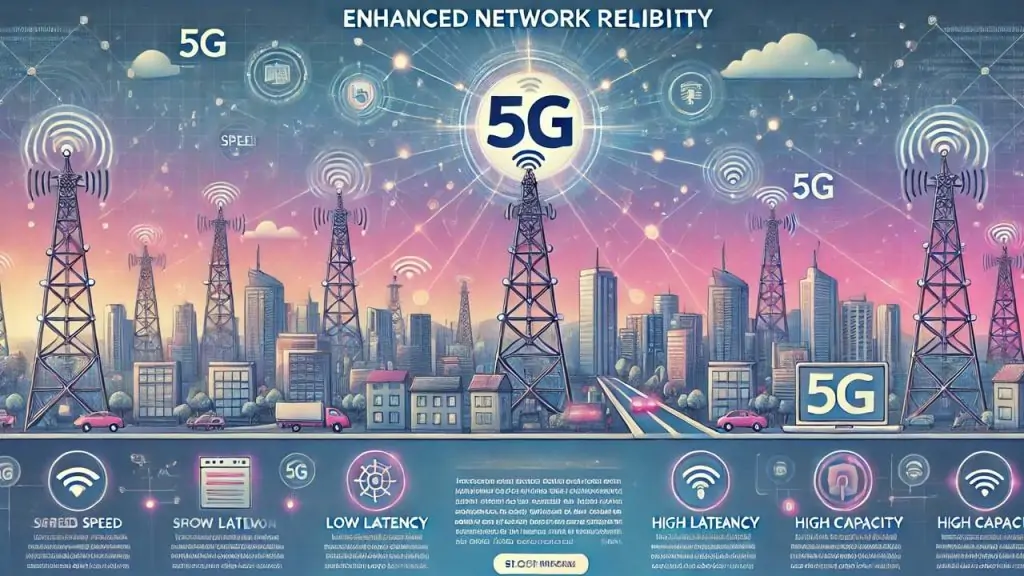The advent of 5G technology marks a significant leap in mobile network capabilities. As the successor to 4G, 5G promises numerous enhancements that will revolutionize various industries and improve everyday connectivity for users around the globe. In this article, we’ll explore the myriad benefits of 5G network, ranging from lower latency and faster speeds to its applications in the healthcare and automotive sectors.
Benefits of 5G Networks
1. Lower Latency
One of 5 G’s most significant advantages is its remarkably low latency. Latency refers to the time it takes for data to travel from the source to the destination. With 5G, this delay is reduced to just a few milliseconds, enabling real-time communication and interactions, which is crucial for applications like autonomous driving and remote surgery.
Key Benefits:
- Real-time communication
- Enhanced user experience in gaming and virtual reality
- Critical for autonomous vehicles and remote surgeries
2. Faster Speeds
5G networks are designed to provide much faster data speeds compared to their 4G predecessors. Users can expect download speeds of up to 10 Gbps, which means downloading a high-definition movie will take just seconds. This speed boost will greatly enhance user experiences across various applications, from streaming and gaming to browsing and social media.
Key Benefits:
- Quick downloads
- Smooth streaming
- Faster browsing and social media interactions
3. Bridging Connectivity Gaps
5G technology is instrumental in bridging connectivity gaps in rural areas and meeting the high demands in urban environments where 4G often falls short. With its extensive coverage and robust infrastructure, 5G ensures that even the most remote locations can access high-speed internet.
Steps to Bridge Connectivity Gaps:
- Deploy 5G infrastructure in rural areas
- Upgrade existing urban networks to handle higher demand
- Ensure continuous network coverage across diverse regions
4. Network Slicing
Network slicing is a revolutionary feature of 5G that allows operators to create multiple virtual networks within a single physical 5G network. Each virtual network can be tailored to meet specific requirements, ensuring optimal performance for various use cases such as emergency services, industrial applications, and entertainment.
Key Benefits:
- Customized network performance
- Optimal resource allocation
- Enhanced service quality for specific applications
5. Energy Efficiency
5G networks are designed to be more energy-efficient than previous generations. This efficiency is achieved through advanced technologies that optimize power usage, leading to longer device battery life and a reduced environmental impact.
Steps to Achieve Energy Efficiency:
- Implement advanced power management technologies
- Optimize network operations for minimal energy use
- Encourage the use of energy-efficient devices
6. Healthcare
The healthcare industry stands to benefit immensely from 5G technology. The low latency and high reliability of 5G networks enable remote diagnostics, telemedicine, and even remote surgeries, making healthcare more accessible and efficient.
Applications in Healthcare:
- Remote diagnostics and monitoring
- Telemedicine and virtual consultations
- Real-time data transmission for remote surgeries
7. Automotive
In the automotive sector, 5G will drive the development of autonomous vehicles and advanced driver-assistance systems (ADAS). The high-speed, low-latency communication provided by 5G is essential for the real-time data exchange required for these technologies to function safely and effectively.
Applications in Automotive:
- Autonomous vehicle operation
- Advanced driver-assistance systems (ADAS)
- Real-time traffic management and navigation
8. Better Bandwidth
5G offers significantly improved bandwidth compared to 4G, allowing more devices to connect simultaneously without experiencing a drop in performance. This capability is crucial as the number of connected devices grows exponentially.
Key Benefits:
- Supports a higher number of connected devices
- Maintains performance under heavy load
- Essential for IoT applications
9. Better Connectivity
With 5G, users can expect seamless and reliable connectivity even in densely populated areas. This improved connectivity ensures that users can stay connected without interruptions, whether in a crowded stadium, a busy city centre, or a rural area.
Key Benefits:
- Reliable connections in crowded areas
- Seamless user experience
- Improved connectivity in both urban and rural settings
10. Massive Connectivity
5G supports massive connectivity, making it possible to connect billions of devices simultaneously. This feature is particularly important for the Internet of Things (IoT), where countless sensors and devices must communicate and share data in real-time.
Steps to Achieve Massive Connectivity:
- Expand network infrastructure to support more devices
- Optimize network protocols for efficient data handling
- Ensure robust security measures for connected devices
11. Straightforward Switch to 5G
Switching to 5G is designed to be straightforward for users. Most new devices come equipped with 5G capabilities, and network providers continuously expand their 5G coverage. This ease of transition ensures that users can quickly take advantage of the new technology.
Steps for a Smooth Transition:
- Ensure 5G compatibility in new devices
- Expand 5G network coverage
- Educate users on the benefits and usage of 5G
12. Greater Capacity
5G networks have a greater capacity to handle large amounts of data traffic. This increased capacity is essential for supporting the growing demand for high-quality video streaming, online gaming, and other data-intensive applications.
Key Benefits:
- Supports high data traffic
- Ensures quality of service during peak usage
- Accommodates future growth in data consumption
13. Enhanced Mobile Broadband
Enhanced Mobile Broadband (eMBB) is a key benefit of 5G, providing users with significantly improved mobile internet experiences. eMBB ensures high-speed internet access even in crowded areas, supporting high-definition video streaming, virtual reality, and other advanced applications.
Applications of eMBB:
- High-definition video streaming
- Virtual and augmented reality experiences
- Improved mobile internet access in crowded areas
14. Drastically Improved Speeds
5G offers drastically improved speeds over 4G, transforming how we use mobile networks. These higher speeds enable quicker downloads, smoother streaming, and more responsive online gaming, enhancing the overall user experience.
Key Benefits:
- Faster downloads
- Smoother streaming
- Enhanced online gaming experience
15. Enhanced Network Reliability
The reliability of 5G networks is a significant improvement over previous generations. This enhanced reliability ensures consistent performance, reducing the likelihood of dropped connections and network interruptions, essential for critical applications in healthcare, emergency services, and other sectors.
Key Benefits:
- Consistent network performance
- Reduced connection drops
- Essential for critical and real-time applications
Conclusion
The benefits of 5G networks are vast and transformative. They will impact various industries and improve everyday connectivity for users worldwide. From lower latency and faster speeds to better bandwidth and enhanced network reliability, 5G is set to revolutionize how we live, work, and interact with technology. Embracing this new era of connectivity will unlock countless opportunities and drive innovation across numerous sectors.
